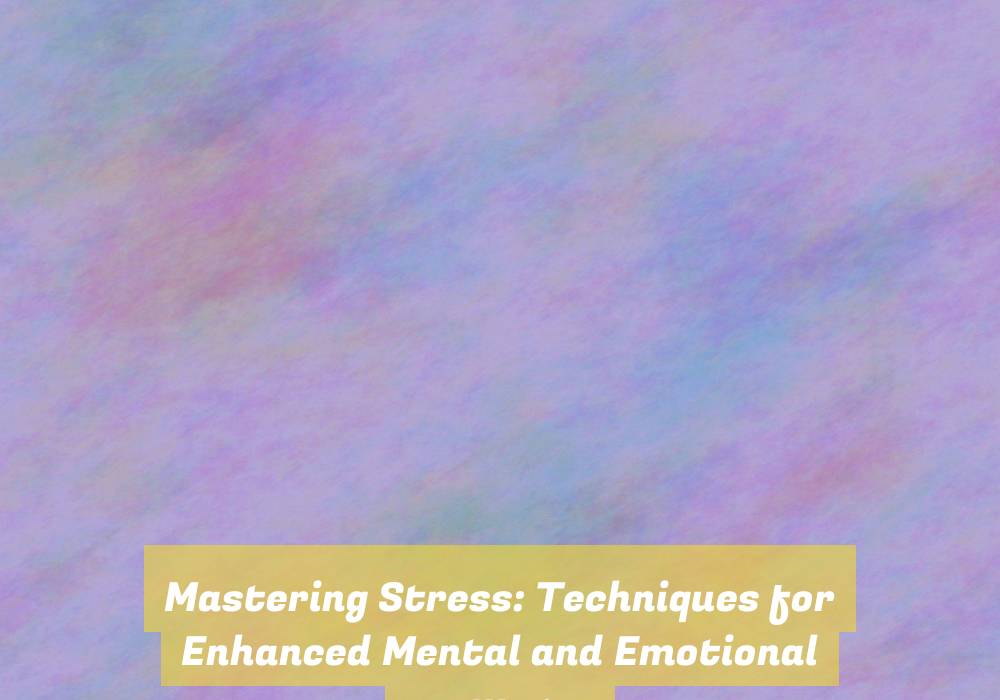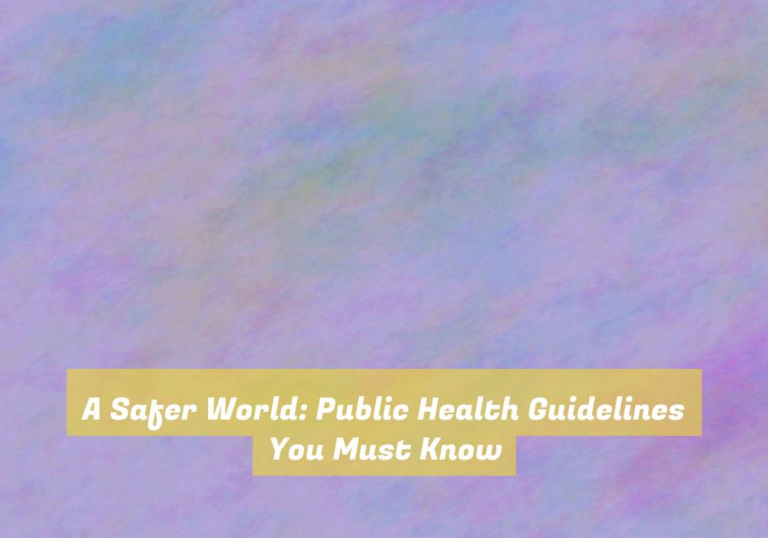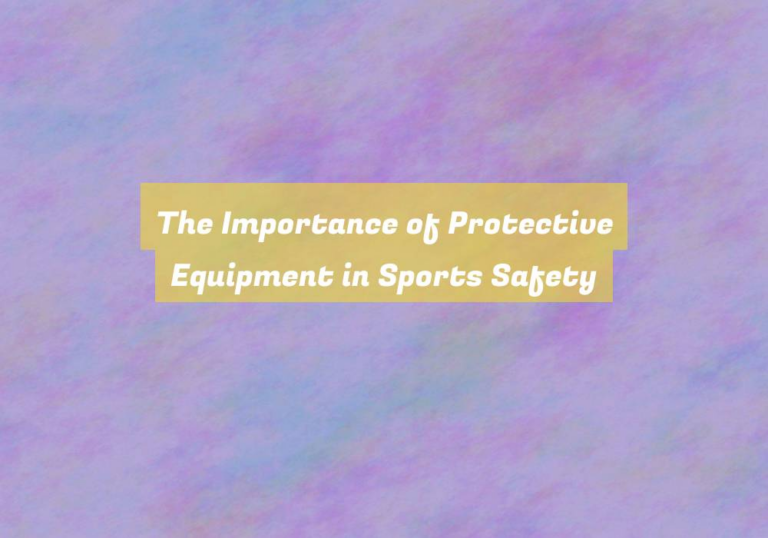Mastering Stress: Techniques for Enhanced Mental and Emotional Wellbeing
Imagine your mind as a calm, clear lake, undisturbed by the ripples of stress and anxiety.
Now, picture yourself equipped with practical techniques to maintain this serene state, no matter what challenges come your way.
Mastering stress isnG??t just about avoiding difficult situations; itG??s about developing the mental and emotional resilience to navigate them with grace and composure.
In the following discussion, youG??ll discover effective strategies for enhancing your mental and emotional wellbeing, empowering you to face lifeG??s demands with confidence and balance.
Understanding Stress and Its Impact
Understanding stress and its impact is crucial for effectively managing and mitigating its negative effects on your well-being. Stress is a natural response to challenging situations, but when it becomes chronic, it can have detrimental effects on your physical and mental health. By understanding how stress affects you, you can take proactive steps to minimize its impact.
When you experience stress, your body releases hormones like cortisol and adrenaline, which trigger the G??fight or flightG?? response. This response can be helpful in short bursts, but when stress is constant, these hormones can wreak havoc on your body, leading to increased blood pressure, weakened immune function, and disrupted sleep patterns.
Furthermore, chronic stress can also take a toll on your mental well-being. It can lead to feelings of anxiety, irritability, and even depression. Understanding these potential impacts can help you recognize when youG??re experiencing chronic stress and take action to address it.
Practicing Mindfulness and Meditation
As you navigate the impacts of chronic stress on your well-being, incorporating mindfulness and meditation practices into your daily routine can provide valuable support in managing and alleviating its effects.
Mindfulness involves focusing your attention on the present moment without judgment. This practice can help you become more aware of your thoughts and feelings, allowing you to better understand and regulate your responses to stressors. By actively engaging in mindfulness, you can cultivate a greater sense of calm and resilience in the face of adversity.
In addition to mindfulness, integrating meditation into your routine can offer a range of benefits for managing stress. Taking just a few minutes each day to meditate can help quiet the mind, reduce anxiety, and promote emotional well-being. Whether through focused breathing exercises or guided meditation sessions, the practice of meditation can create a sense of inner peace and relaxation, ultimately contributing to a more balanced and centered state of mind.
Cultivating Healthy Habits and Lifestyle Changes
Consider incorporating healthy habits and making lifestyle changes to proactively manage and reduce stress in your daily life.
Engaging in regular physical activity, such as walking, jogging, or yoga, can help release endorphins and reduce stress hormones. Aim for at least 30 minutes of exercise most days of the week.
Prioritize getting enough sleep each night, as sleep deprivation can significantly impact your stress levels. Create a relaxing bedtime routine and ensure your sleep environment is conducive to a restful night.
Additionally, pay attention to your dietary choices. Consuming a balanced diet rich in fruits, vegetables, and whole grains can provide the necessary nutrients to support your body in managing stress. Limit your intake of caffeine and alcohol, as they can exacerbate stress and anxiety.
In terms of lifestyle changes, consider practicing time management techniques to better organize your daily responsibilities and reduce feelings of being overwhelmed. Setting boundaries and learning to say no when necessary can also help alleviate stress.
Developing Effective Stress Management Strategies
To effectively manage stress, itG??s essential to develop personalized strategies that address your specific triggers and responses. Start by identifying what exactly causes your stress. Is it work-related, personal relationships, or financial pressures? Once you pinpoint the triggers, you can then tailor your stress management techniques accordingly.
ItG??s important to remember that what works for someone else may not necessarily work for you. Experiment with different strategies such as mindfulness meditation, exercise, journaling, or deep breathing exercises to see what helps you relax and refocus.
In addition to identifying triggers, itG??s crucial to recognize your own responses to stress. Do you tend to withdraw and isolate yourself, or do you become irritable and agitated? Understanding your responses will guide you in selecting the most effective stress management techniques. You might find that engaging in hobbies, seeking social support, or talking to a therapist can help you cope with stress in a healthier way.
Ultimately, developing effective stress management strategies involves a process of self-discovery and experimentation. By being proactive and intentional in addressing your stress, you can regain a sense of control and improve your overall mental and emotional wellbeing.
Conclusion
YouG??ve learned valuable techniques for mastering stress and enhancing your mental and emotional wellbeing.
By understanding the impact of stress, practicing mindfulness and meditation, cultivating healthy habits, and developing effective stress management strategies, you can take control of your wellbeing.
Remember, small changes can make a big difference in reducing stress and improving your overall quality of life.
Keep practicing these techniques and prioritize your mental and emotional health.





